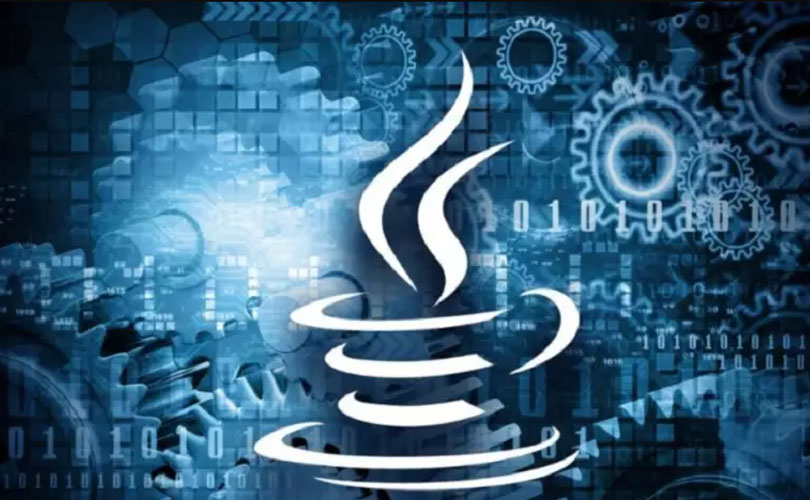
A Java Full Stack course is a comprehensive educational program designed to equip individuals with the skills and knowledge needed to become proficient in both front-end and back-end development using Java technologies. This specialized course covers a wide range of topics related to web development, including programming languages, frameworks, databases, and deployment strategies. The goal of a Java Full Stack course is to prepare students for careers as full-stack developers capable of building scalable and robust web applications from end to end.
One of the primary components of a Java Full Stack course is learning Java programming language fundamentals. Students gain proficiency in Java syntax, object-oriented programming (OOP) concepts, and data structures. They learn how to write Java code to implement algorithms, handle exceptions, work with collections, and interact with databases using JDBC (Java Database Connectivity). Understanding Java fundamentals is essential for building robust back-end components of web applications.
Another key aspect of a Java Full Stack course is front-end development using HTML, CSS, and JavaScript. Students learn how to create responsive and interactive user interfaces (UIs) by mastering HTML for structure, CSS for styling, and JavaScript for client-side behavior. They explore popular front-end frameworks and libraries such as Angular, React, or Vue.js to build dynamic and engaging web applications. Front-end development skills enable students to design and implement user-friendly interfaces that enhance the overall user experience.
A Java Full Stack course typically covers server-side development using Java frameworks like Spring Boot or Jakarta EE (formerly Java EE). Students learn how to build RESTful web services, handle HTTP requests, manage sessions, and implement security features using Java-based frameworks. They gain hands-on experience in developing server-side components that interact with databases, handle business logic, and expose APIs for front-end consumption.
A Java Full Stack course typically covers topics related to version control, DevOps, and deployment strategies. Students learn how to use Git for version control, collaborate with other developers, and manage project repositories. They also explore continuous integration and deployment (CI/CD) pipelines using tools like Jenkins or Docker to automate the software development lifecycle and streamline deployment processes.
A Java Full Stack course provides a comprehensive education in front-end and back-end web development using Java technologies. By completing a Java Full Stack course, individuals develop the skills and expertise needed to design, develop, deploy, and maintain scalable and robust web applications. Java Full Stack developers play a critical role in building modern web solutions that meet business requirements and deliver exceptional user experiences. The course offers diverse career opportunities and empowers individuals to thrive in the dynamic and rapidly evolving field of web development.